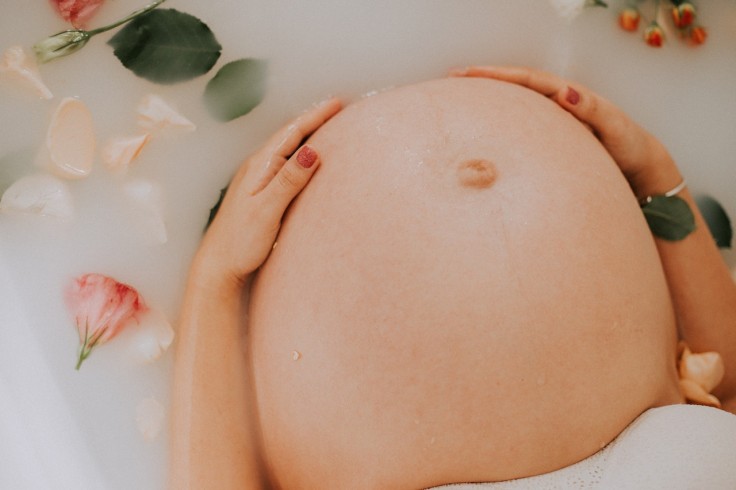
Significantly wounded by the struggles of their teenage mothers, two women made self-conscious vows not to become teen mothers themselves.
Brittnee Marsaw, who labels teen births of her preceding generations "the family curse," was born in St. Louis when her mother was just 15 years old and was raised by her grandmother, who became a mom even younger. She joined her very young mother three states away and never got to experience the mother-daughter bond she longed for.
On the other hand, Ana Alvarez was born in Guatemala to an impoverished and troubled teenage mother that she was given to a stranger, only to be snatched back by her mother later. Her mother left for the United States after some years to look for a job. She made the same risky trip after her mother did not return home, reunited with her mother whom she barely knew, and became a teenager in Washington, D.C., without legal permission.
Marsaw and Alvarez delayed motherhood because of their negative experiences growing up due to teen pregnancy. Both are already mothers, and they believe they have a greater chance for success and a better influence on their children, New York Times reported.
Teen pregnancy and child poverty
Marsaw waited until she reached 24 to have her daughter Zaharii. She believes that teen pregnancy and child poverty are interconnected and strengthen each other.
She declared that if a girl escapes one, she has a better chance of escaping the other.
According to Buffalo News, the decisions of Marsaw and Alvarez and all the other women who are consciously making sure that they do not fall victim to teenage pregnancy highlight profound changes in teen pregnancy and child poverty and shape how opportunity is disrupted from one generation to another.
As teen births decreased by more than three-quarters in the past three decades, child poverty also plunged. And this has raised an important question - Does reducing teen births cut child poverty, or does reduce child poverty cut teen births?
Experts say that while both can be true, it is unclear which dominates. One theory states that reducing teen births decreases child poverty by allowing girls to finish their studies, start careers and choose to have mature relationships, prioritizing raising their income first before they raise kids.
However, another theory expressed the other way around. Ending child poverty lowers teen pregnancy since teenagers who are surrounded by opportunities have stronger motives to avoid getting pregnant.
Read Also : Teen Pregnancy: Young Grandma at 30 Says She Showed Love Not Anger for Daughter Who Got Pregnant at 14
Promising future
According to an analysis by a research group that studies children's well-being, Child Trends, teenage pregnancy has been cut to 77 percent since 1991. Much more important, there is an 85 percent decline among young teens.
The plunge continues. In the 1990s, teen birth fell to 20 percent, 28 percent in the 2000s, and a huge decrease of 55 percent in the 2010s.
Twenty-five percent of girls aged 15 became mothers before they turned 20 three decades ago. Only six percent of 15-year-old girls experience teen pregnancy and become teen moms.
Elizabeth Wildsmith, one of Child Trends researchers, stated that the dramatic declines are impressive and good for teenagers and the kids they will eventually have.
Moreover, others see the shift as a "growing sense of possibility among disadvantaged young women."
"They're going to school and seeing new career paths open. Whether they are excited about their own opportunities or feel that unreliable male partners leave them no choice, it leads them in the same direction: not becoming a young mother," Melissa S. Kearney, an economist at the University of Maryland, declared.